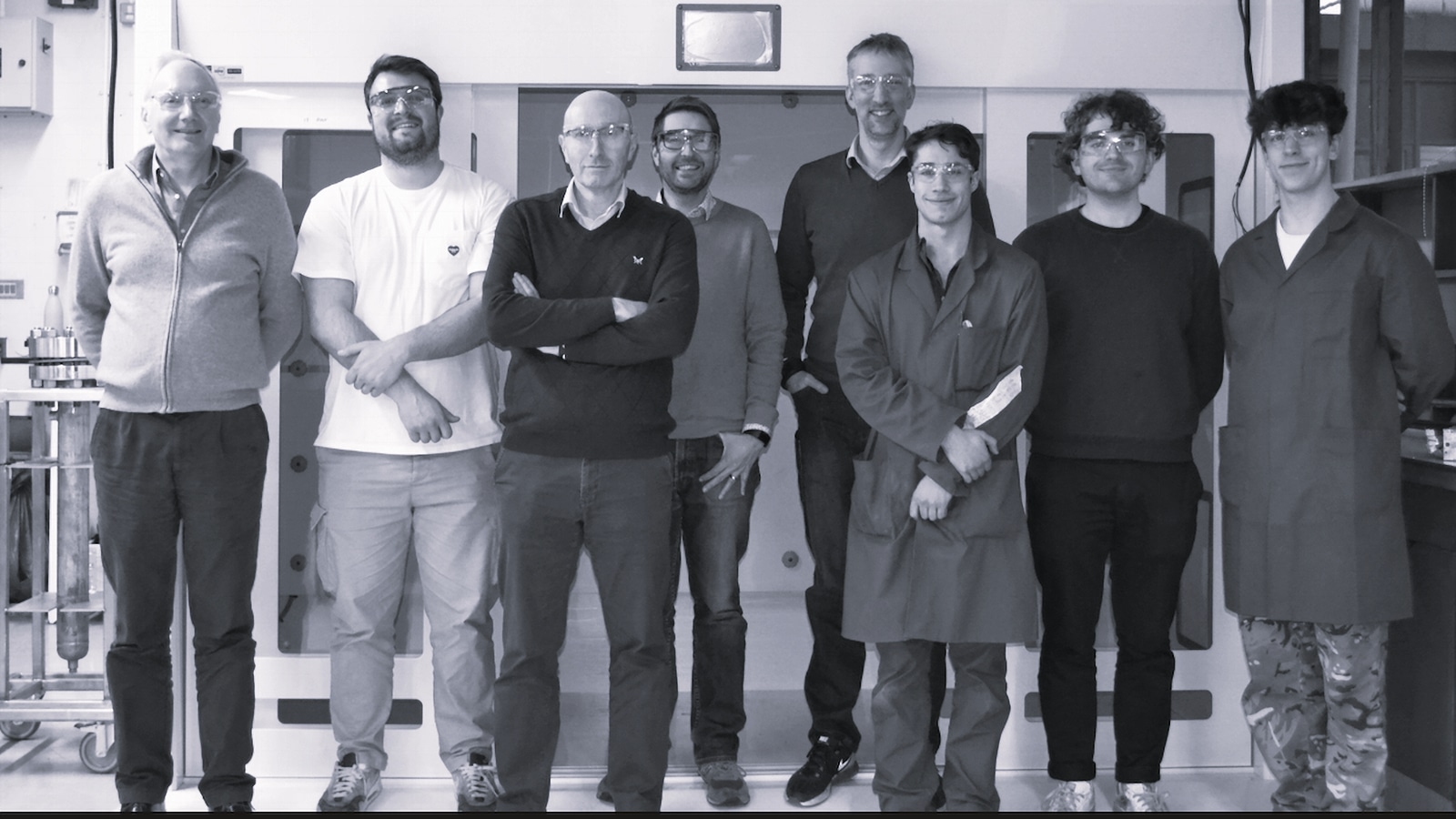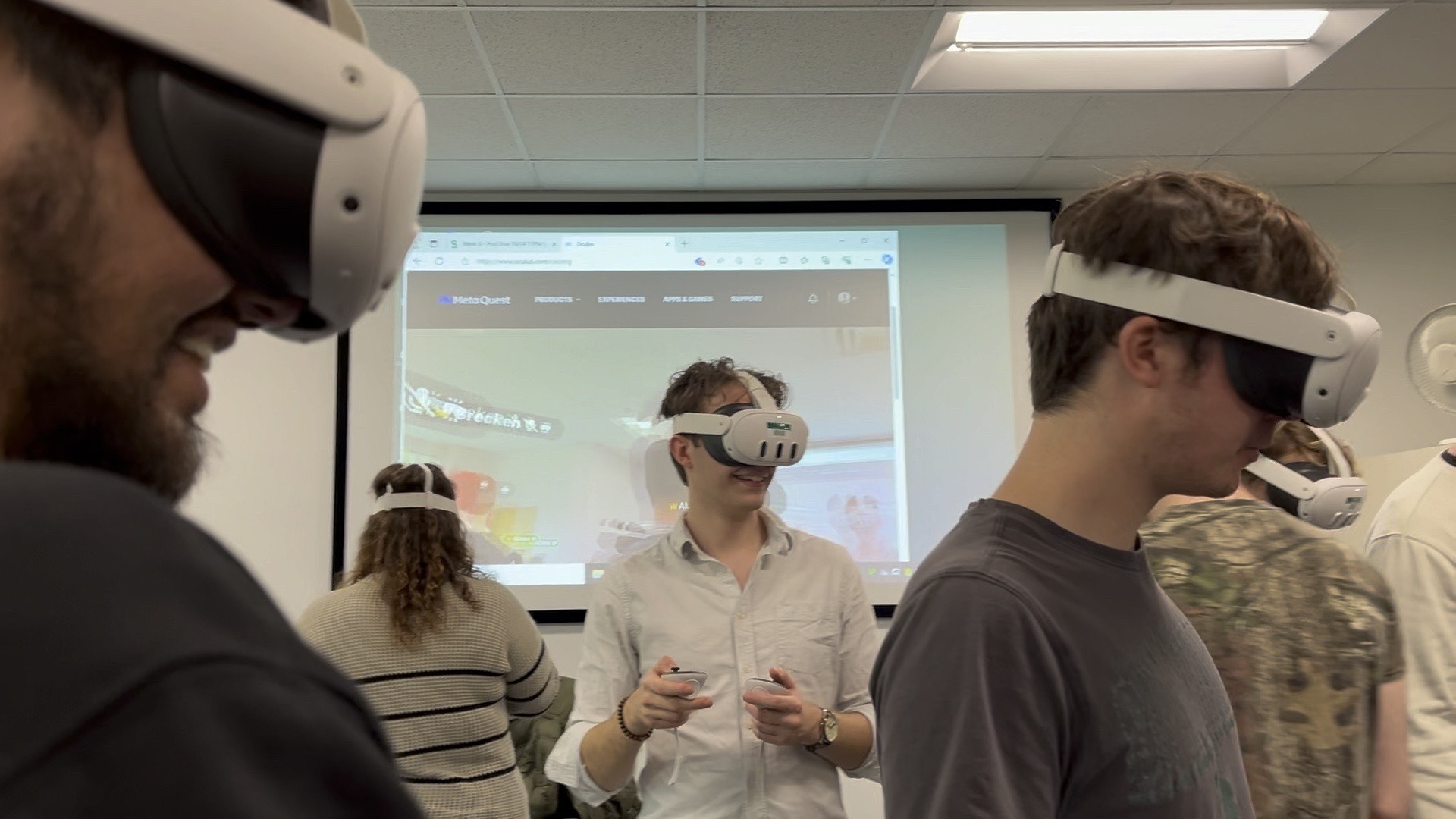- TECHSWU
- Posts
- TECHSWU
TECHSWU

The tech industry is bracing itself for a tumultuous ride as the Trump administration prepares to impose significant tariffs on key trading partners, including Canada, Mexico, and China. While stocks plummeted in response to these tariff announcements, a brief reprieve has been granted, delaying implementation for 30 days.
Experts warn that these tariffs could decimate U.S.
consumer purchasing power by up to $143 billion, with sales of tech products like laptops and smartphones poised to take a massive hit. As electronics and machinery represent a hefty portion of U.
S. imports, the effects could ripple through supply chains, ramping up prices for everything from hardware to household items.
Observers note that while the software sector might remain mostly insulated, hardware costs will likely rise. Amidst the uncertainty, industry players anticipate new opportunities in emerging tech policies that could reshape demand in unexpected ways.

Clyde Hydrogen Systems is making waves in the energy sector by teaming up with PlusZero, a green hydrogen producer based in the Hebrides, to showcase its innovative decoupled electrolyser technology outside the lab for the first time. This partnership promises to deliver high-pressure green hydrogen efficiently and affordably, addressing one of the industry's most pressing challenges.
Following a successful funding round of £5 million, Clyde Hydrogen is poised for commercial success, while PlusZero, backed by the Scottish Government, is set to develop its first green hydrogen production facility. Their collaborative project, launching in October 2025, will integrate hydrogen production, training, and cutting-edge research to propel Scotland’s hydrogen economy forward.
Both companies are excited about the potential of this groundbreaking technology—not only to revolutionize energy production but also to support decarbonization efforts across various industries. Together, they represent a promising future for affordable, green hydrogen solutions.


Michigan State University (MSU) is paving the way for the digital future with its innovative programs in Media and Information. Jesse Sanderson, a dedicated local, embarked on his academic journey there, first majoring in graphic design and returning for a master’s in Media and Information.
He found the program's immersive courses, like Advanced Methods of Understanding Users and Foundations of Serious Games, transformative. Notably, he contributed to the award-winning speech therapy game, CLEARLY, helping patients with Parkinson’s.
MSU’s curriculum is enriched by state-of-the-art labs and industry partnerships, allowing students like Sanderson to tackle real-world challenges, explore cutting-edge research, and gain invaluable professional experience. The close-knit academic environment fosters strong mentorship, enabling students to hone their skills and expand their professional networks.
With an array of programs tailored for the digital age, MSU is an institution where students not only learn but thrive in their creative pursuits.

In an exciting leap for aviation safety, artificial intelligence is taking flight in the training of air traffic controllers. As air travel continues to grow, the need for skilled personnel becomes even more crucial.
AI technologies are being integrated into training programs, enhancing simulations with real-time data and complex scenarios that controllers might face. This innovative approach not only accelerates learning but also helps controllers make better decisions under pressure.
With immersive AI-driven training, future air traffic controllers can gain invaluable experience without the risk associated with live environments. Such advancements promise to pave the way for safer skies, ensuring that air traffic operations can meet the demands of tomorrow’s bustling air travel industry.
This fresh fusion of technology and aviation demonstrates how we can reshape traditional training methods, ultimately leading to a more efficient and responsive air traffic control system.

Apple has swiftly rolled out a new iPhone update for just three models: the iPhone 11, iPhone 11 Pro, and iPhone 11 Pro Max. This comes after the initial release of iOS 18.
3 on January 27, which applied to all devices from iPhone XS onward. The new build, 22D64, aims to tackle some lingering issues specific to the iPhone 11 series that weren't addressed in the previous update.
Users can look forward to fixes that restore the Calculator app's functionality, resolve an issue with the keyboard disappearing during Siri requests, and prevent audio from playing after closing Apple Music. While the update doesn’t introduce the latest Apple Intelligence features available on newer models, it’s highly recommended for users of the iPhone 11 series to install it.

In "The Wonderful Wizard of Artificial Intelligence," Chris Perry draws a fascinating parallel between the business world’s current trust in AI and Dorothy’s journey in "Wicked." As companies eagerly invest billions in AI technology, there’s growing curiosity among investors about whether they’re backing a groundbreaking force or falling for an illusion.
While giants like Meta and Apple can keep fueling AI research indefinitely, many fintech firms face mounting pressure to show quick returns on their investments. Despite this, Perry expresses optimism, noting that AI has already begun transforming financial services by improving efficiency and decision-making.
From streamlining trading processes to personalizing client interactions, AI tools are set to enhance revenue and reduce costs significantly over the coming year. As the story unfolds, we may discover that what awaits behind the curtain is more than just smoke and mirrors—it could be a revolutionary change for the industry.